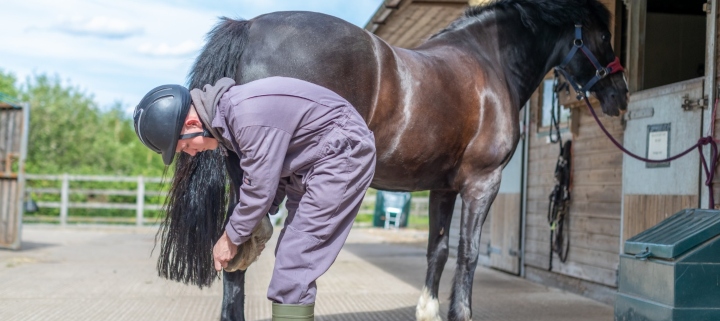What are my options?

As well as considering the kind of species you would like to work with, it is worth considering the kind of practice, location and type of training scheme or direct entry that you might want to apply for.
Where do I look for graduate vacancies? Includes last jobs on MyCareer
Some smaller practices only recruit a new graduate when a position becomes available. Therefore, many graduate vet roles are advertised from late spring, during the summer and after graduation. So don’t panic if you haven’t got a job lined up before you graduate.
Larger organisations have established graduate programmes that can recruit up to 150 graduates per year. Many of these programmes recruit in late winter or early spring but some open as early as December in your fifth year. It is worth investigating the recruitment timelines of employers of interest so that you are ready when applications open.
As well as using company websites, recruitment agencies and online jobs boards, remember to make the most of your own contacts. If you have made contacts through conferences, events or other experiences, use these connections to find out who is hiring and to let them know about your situation.
If you have spent time in a practice that you would like to work for, use your initiative and contact the practice directly. Pick up the phone or send an email with a copy of your CV to ask about opportunities. Some roles might not be advertised but employers would welcome a new enthusiastic member to their team. Your EMS experience can play a positive role in your job-hunting, but it doesn’t need to limit your options (see below).
Direct recruiters
Online jobs boards
Recruitment agencies
Please note this is not an exhaustive list of companies.
Do I need to have completed EMS with a practice to apply for a graduate job there?
No. We asked several veterinary practices and groups this question and all those who responded said that they are very happy to receive applications from students, or new graduates, who have not seen practice with them previously. You can always ask to spend time in the practice as part of the interview, or even before you accept an offer so that you can be confident that it is the right practice for you.
There are, however, some benefits to completing EMS with a practice that you are interested in applying to should it be possible for you. You will get to know the practice, the team and know that you are likely to enjoy working there, and the practice will know you better from that experience than they would a few hours at interview.
An employer's perspective
Matt Plumtree, Senior Clinical Director, YourVets
Matt talks about how the EMS can help student vets decide where they would like to work and what he looks for in applicants during the recruitment process.
What do I need to consider if I want to take time out?
After your final exams you might want to take some time to recharge your batteries before starting your first graduate role. For some an extended break of a few weeks or months might be needed, while others are keen to start straight away and for a few a much longer career break might be needed. If you are considering taking a break here are a few things to consider.
- Employers may be willing to wait a few months for the right candidate if you would like a few extra weeks or months before starting work
- If you are keen to start work straight away but know you would like a break after a few months in practice, plan this in with your employer before you accept the role
- Applying for a deferred entry if you are wanting a year out. If you are interested in applying for a graduate scheme with a larger veterinary group, you could ask if there is an option for you to apply for the following year and defer your entry
- What are the benefits of your time out for your future employer? Whether applying for deferred entry or you are planning to apply for roles after a break it is worth considering how you will explain your time out to future employers. Can you use your time in a way that adds value to your future employer?
- Picking up your clinical skills after a break. You will graduate with Day One Competences, but if you take a break before going into practice, how will you ensure you maintain your clinical skills? If you are planning to travel, can you volunteer in a spay clinic for example?
Information on taking time out